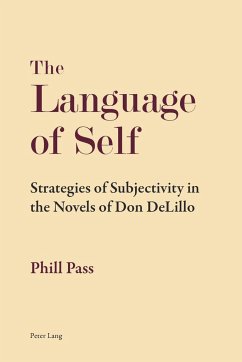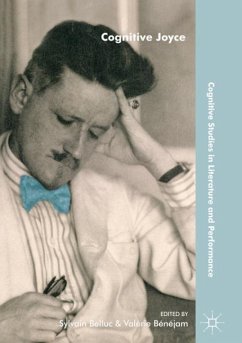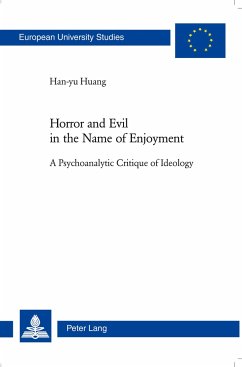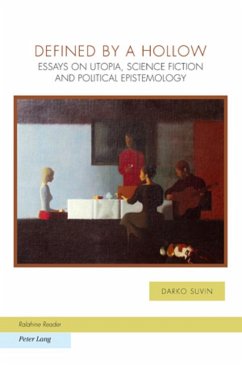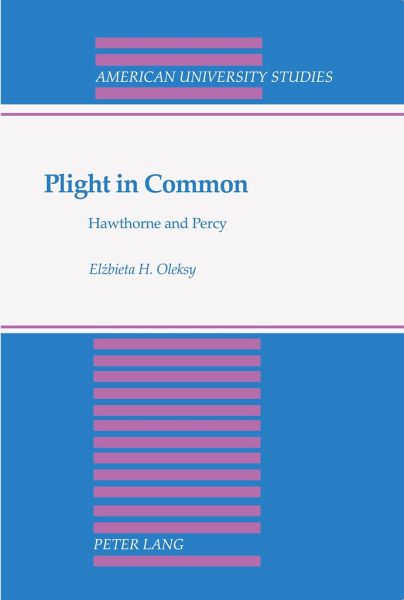
Plight in Common
Hawthorne and Percy
Versandkostenfrei!
Versandfertig in 6-10 Tagen
38,95 €
inkl. MwSt.

PAYBACK Punkte
0 °P sammeln!
In this ground-breaking comparative study of the major works of Nathaniel Hawthorne and Walker Percy, Elzbieta Oleksy explores the intrinsic affinities between the two writers that transcend regional and historical barriers. Fully researched, the book investigates the development of the writers' visions. Both Hawthorne and Percy gradually came to view the subjectivity of an individual as a form of self-realization inferior to the intersubjective communion between persons. Focusing on the personal encounters between Hawthorne's and Percy's female and male characters, the study re-examines gende...
In this ground-breaking comparative study of the major works of Nathaniel Hawthorne and Walker Percy, Elzbieta Oleksy explores the intrinsic affinities between the two writers that transcend regional and historical barriers. Fully researched, the book investigates the development of the writers' visions. Both Hawthorne and Percy gradually came to view the subjectivity of an individual as a form of self-realization inferior to the intersubjective communion between persons. Focusing on the personal encounters between Hawthorne's and Percy's female and male characters, the study re-examines gender roles in the two writers' fiction.




